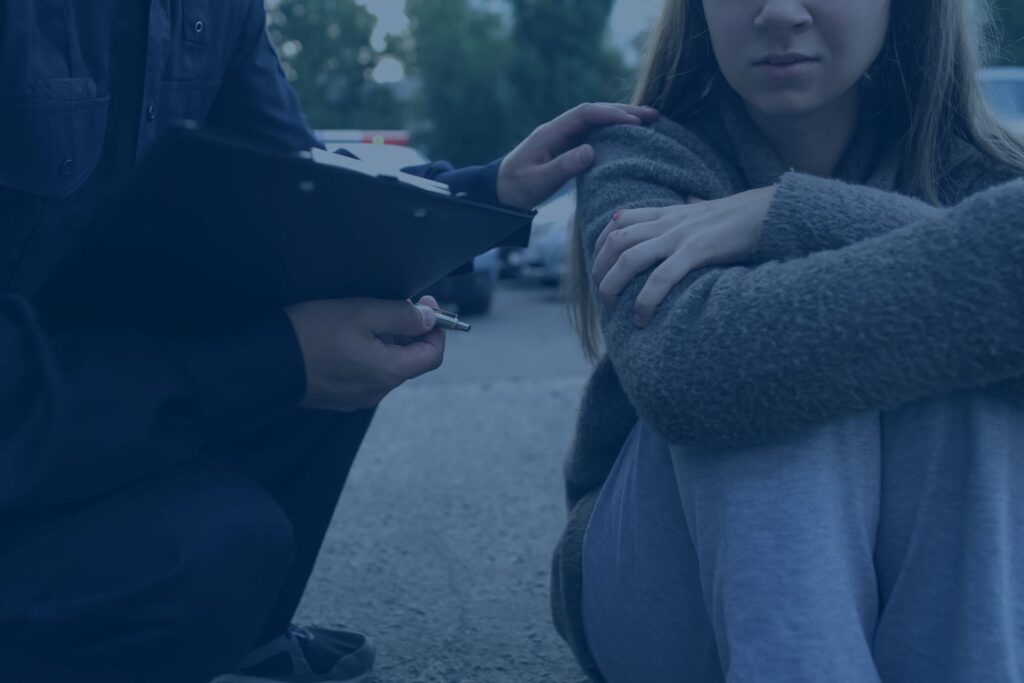Community trust and partnerships reflect the extent to which community members are included in public safety priorities and problem-solving.
Community trust and partnerships with law enforcement include an approach to community engagement that defines expectations for proactive community engagement activities, articulates agency leadership’s role in promoting and participating in community engagement, and establishes accountability mechanisms to ensure efforts are sustained and reviewed for continuous improvement.

Resources Related to Community Trust and Partnerships
Research Brief | 2022
Mental Health Conditions & Developmental Disabilities: Why Know the Difference
Guidebook/Tool | 2022
Mental Health Training: Strategies for Small and Rural Law Enforcement Agencies
The information provided within these modules has been gathered from various sources, including legal reviews, research, and practitioner and department-developed resources. These webpage modules are intended to be a guide for departments to use to improve their policing practices. Additional information and resources may be needed to implement the recommendations successfully. This resource is intended to be dynamic, and the Knowledge Lab will continue to update and add to these modules to provide additional and current guidance for departments.


